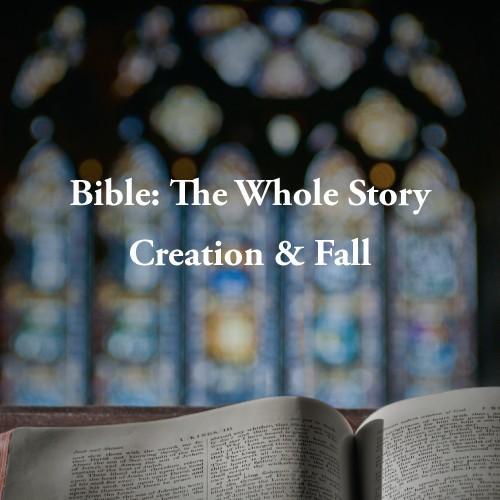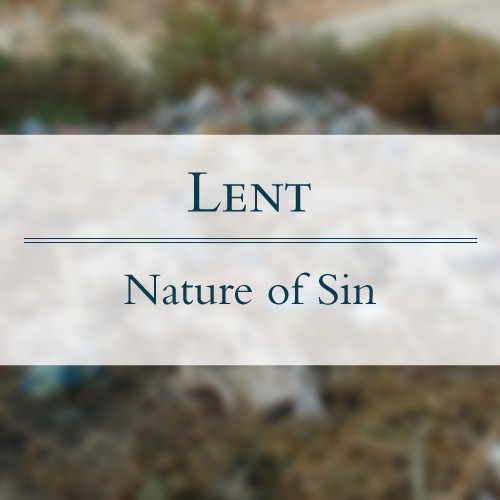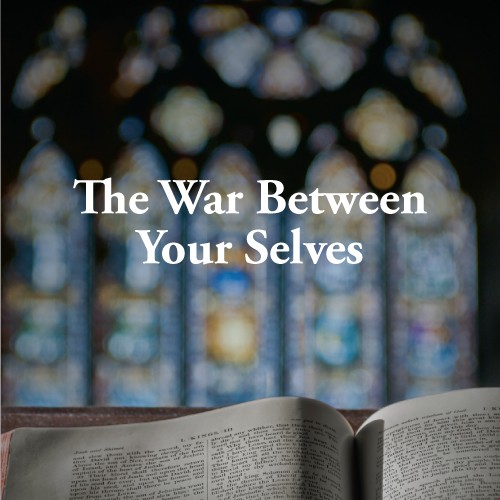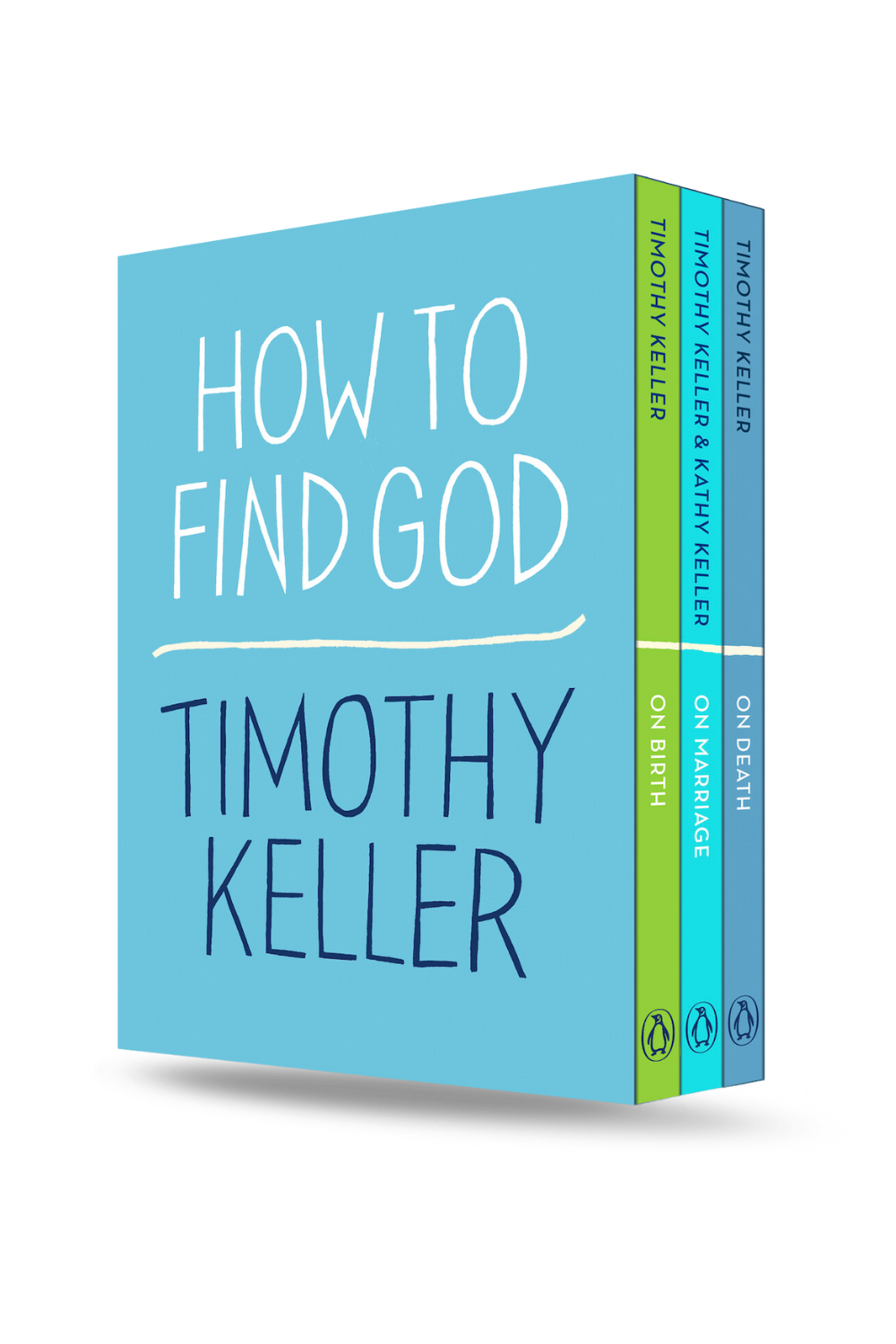
Paradise Lost
Tim Keller | January 18, 2009
Overview
The Bible is a single story telling us what is wrong with the human race, what God is going to do about it, and how it’s all going to turn out.
Genesis 3 and 4 give us answers to what’s wrong with the human race and why the human race is so prone to selfishness, violence, wars, atrocity, and corruption all the time.
Let’s look at what the Bible has to say about sin. We learn four things: 1) the heart of sin, 2) the breadth of sin, 3) the depth of sin, and 4) the end of sin.
Outline
Understanding Genesis 3:8–24
Genesis 3-4 in the Bible talks about sin, how it shows our human weaknesses, God’s plan to make things right, and the direction history takes because of these events. It’s important to understand the idea of original sin, which helps us realize how deep and widespread sin can be in every person’s heart. The story of C.E.M. Joad is a warning of what can happen when we ignore this idea. Genesis 3-4 explains four aspects of sin: what it is at its core, how wide it reaches, how deep it goes, and where it leads.
1. The heart of sin
Sin is complex. It’s often seen as trying to take God’s place. But it also shows up in how we treat others, trying to make ourselves look good by putting others down. This kind of self-righteousness leads to arguments and breakdowns in our communities. The urge to feel better than others, instead of being humble, loving, and thankful, is at the core of sin and is the source of many conflicts.
2. The breadth of sin
The Christian idea of original sin points out that all humans, no matter their background or identity, have a tendency to be selfish and mean. The Duchess of Buckingham’s rejection of this idea shows how it levels the playing field, breaking down self-righteousness and making us realize we’re all in the same boat as sinners. This challenges the idea that laws and regulations can fix sin, reminding us that governments are made of imperfect people, and highlighting our shared need for God’s grace.
3. The depth of sin
Sin has deeply hurt our ability to relate to others. It makes us turn away from God, focus on ourselves instead of serving others, and form shallow relationships. It also brings feelings of shame and guilt, and makes us forget that we need God. Even our interaction with nature is affected, as we face hostility, age, sickness, and death.
4. The end of sin
God’s reaction to Adam and Eve’s sin shows His kindness. He loves them and separates the sinner from the sin. When He gives them clothes, it’s a symbol of His complete salvation, pointing forward to sacrifices made to atone for sin and to Jesus’ sacrifice. The promise of a descendant who will defeat sin and death, even though it will hurt Him, is fulfilled in Jesus. His sacrifice covers our sins and brings us back into a right relationship with God.



